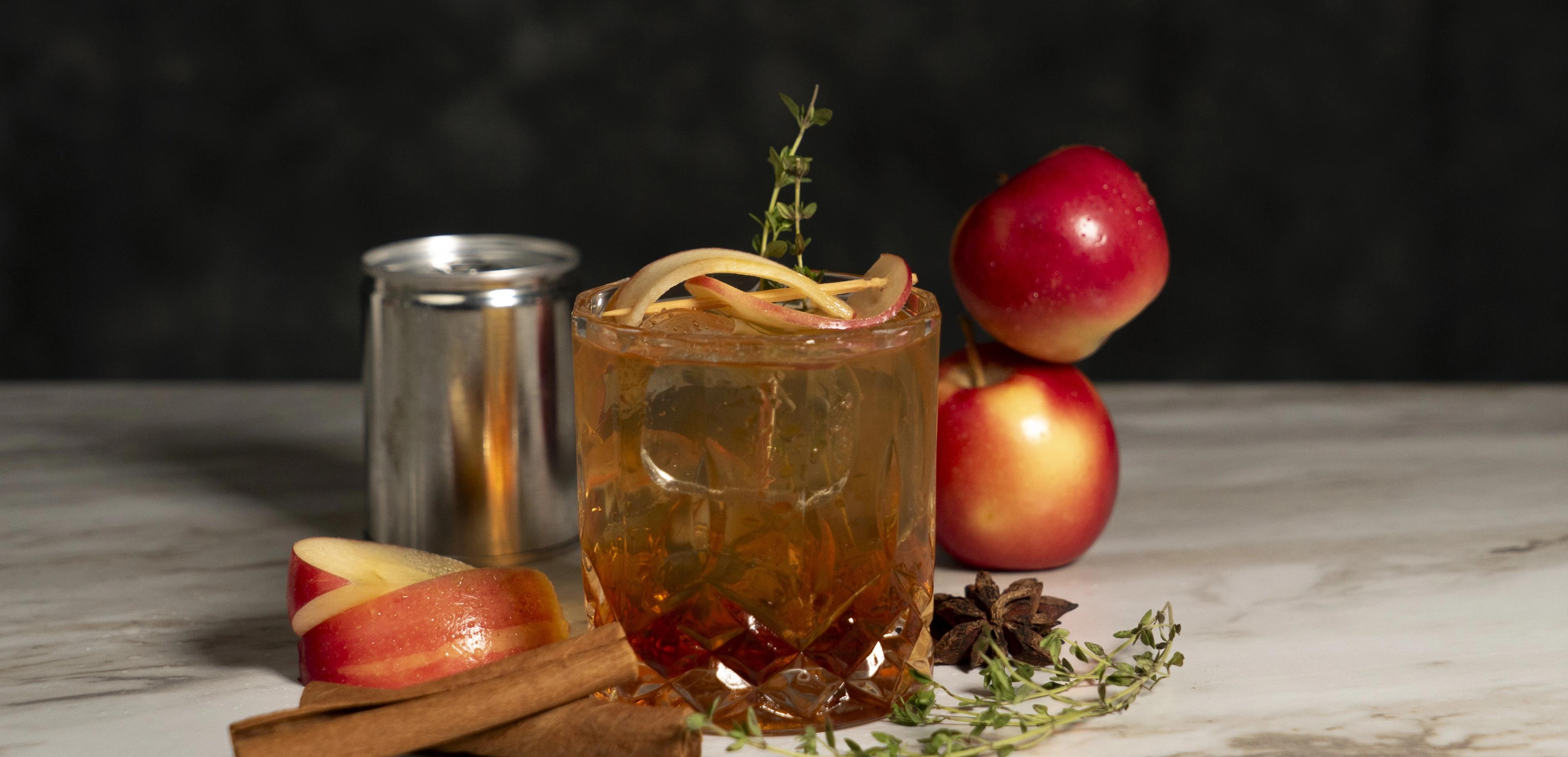
The Art of Non-Alcoholic Spirits
blog
For decades, spirits and cocktails have fostered a culture of craft, connection, and celebration. But over time, cocktail culture has evolved far beyond the buzz!
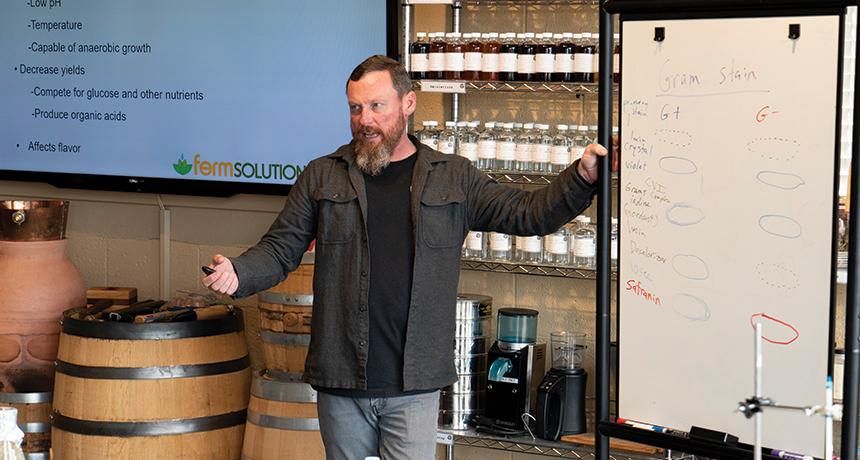
Written by Dr. Patrick Heist, Chief Scientific Officer of Ferm Solutions & Co-Owner of Wilderness Trail Distillery
When we started Wilderness Trail Distillery in 2012, choosing the right strain of distiller's yeast was easy; that's because my business partner, Shane Baker, and I started off in the distilling industry as suppliers of yeast and fermentation products.
Our company, Ferm Solutions, continues to provide technical support and supplies to hundreds of distilleries and breweries in the US and worldwide. Our collection of yeast and fermentation products (think enzymes and nutrient supplements) includes thousands of strains, nine of which are specifically marketed as distiller's yeast.
Of course, we understand that not every would-be distiller starts off their journey with a background in microbiology-and that's okay. In an effort to lift the veil on this fascinating and necessary organism, we're exploring key considerations for picking the best yeast strain for your distillery.
There are all kinds of yeast out there, but not all of them are optimized for distilling; that's why distiller's yeast are selected based on specific criteria.
First and foremost you'll want a yeast that makes a delicious distillate-but there are other important factors to consider. Beverage alcohol distilleries normally target a sugar content (whether using grain, molasses, sugar, etc.) ranging from 16-20° Brix, or between 1.0639-1.0836 Specific Gravity.
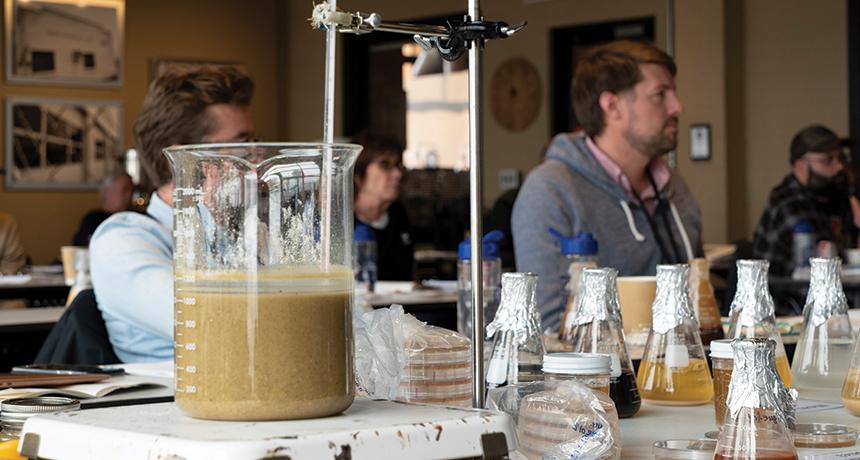
Besides flavor considerations, you'll want a yeast that can completely finish the available sugar and make as much alcohol as possible. Why? Because at a distillery, any leftover fermentable sugar is basically money left on the table.
On the contrary, if we were starting a brewery, we might want a yeast strain that leaves behind some sugar. This is called attenuation. A yeast that can achieve full attenuation is one that will finish all of the available sugar.
Another important parameter is temperature tolerance. Some strains require lower fermentation temperatures (65-75°F). However, keeping fermenters that cool can be a challenge and requires a lot of cooling capacity, which can be expensive and requires a lot of energy (aka higher utility bills). That's why with distiller's yeast, we prefer a strain capable of fermenting above 90°F, which normally allows fermentation to progress in less time and with less energy cost.
That brings us to another criterion-speed of fermentation. Some strains can finish sugars in less time than others. The quicker the fermentation, the quicker you can turn a batch and start a new one. This is an important factor when trying to maximize distillery capacity!
It seems we answer this question multiple times a day. Although distiller's yeast are normally labeled as being more appropriate for whiskey, rum, vodka or whatever you are making, our experience has shown that one distiller's strain can make multiple types of quality distillates.
At Wilderness Trail Distillery for example, we use the same yeast strain to make Bourbon whiskies as we do for our rum and vodka. Ferm Solutions, as well as other companies that supply yeast, have already selected excellent distilling strains; so the slight nuances from one strain to the next are really up to the producer to decide which one is the best for a particular application.
Out of the nine distiller's yeast strains Ferm Solutions offers, you could pick any one to start with and you would be satisfied with the resulting distillate-no matter which spirit you are making. Then, once you establish a baseline on performance and flavor, you might choose to switch to a different strain and see for yourself what slight changes that will make in your final product.
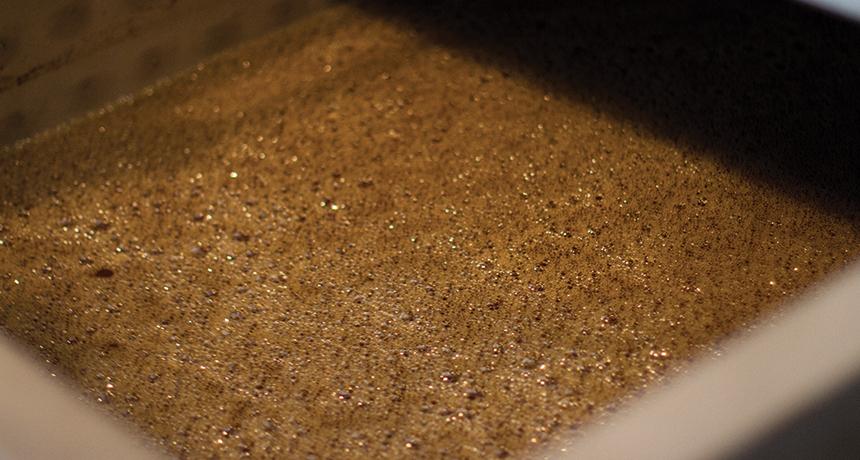
If we were making beer, then there would be a very specific strain we'd use depending on if you wanted an ale, lager, pilsner, or seasonal (a.k.a saison) beer, plus what level of attenuation or flocculation you desired (this just means whether or not yeast cells sink to the bottom or remain colloidal in the beer).
Out of the nine distiller's strains available from Ferm Solutions, we probably use the FermPro 927 (FP927) the most. This strain has excellent temperature tolerance and can ferment to completion in as little as two days, producing an award-winning distillate. 921, 917, 900, 048 and FP1 are also excellent choices. Depending on your desired flavors, costs, and process, our experts at Ferm Solutions can walk you through which would be best for your unique distillery's needs.
When you get ready to talk yeast, give Ferm Solutions a call. We'd be happy to work with you to find the right strain for your particular application because that's what we do-all day, every day.
The thing that makes us a unique yeast supplier is the fact that in addition to our yeast company, Ferm Solutions, we also own and operate Wilderness Trail Distillery, which in seven short years has grown from a one-barrel-per-day operation to the 14th largest Bourbon producer in the world and, as of a couple months ago, the 18th member of the esteemed Kentucky Bourbon Trail.
In my estimation, having a yeast company that also operates a world-class distillery puts us light years ahead of the competition-give us a try!
Interested in advancing your knowledge of distilling and the spirits industry? Check out Moonshine University's upcoming courses to learn from the best in the business.
Written by Dr. Patrick Heist, Chief Scientific Officer of Ferm Solutions & Co-Owner of Wilderness Trail Distillery. Sign up for the next Fermentation Workshop here.
Patrick is an instructor of Moonshine University's Fermentation Workshop and 6-Day Distiller Course. When he isn't teaching, Patrick serves as Chief Scientific Officer for Ferm Solutions- a provider of fermentation products and technical support to the fuel and beverage ethanol industries. Together, he and his research team collaborate with industrial and academic partners on projects related to bacteria control during ethanol production, yeast strain selection and improvement, and antibiotic resistance. Patrick is also the Co-Owner of Wilderness Trail Distillery, an expansion of operations at Ferm Solutions.

blog
For decades, spirits and cocktails have fostered a culture of craft, connection, and celebration. But over time, cocktail culture has evolved far beyond the buzz!
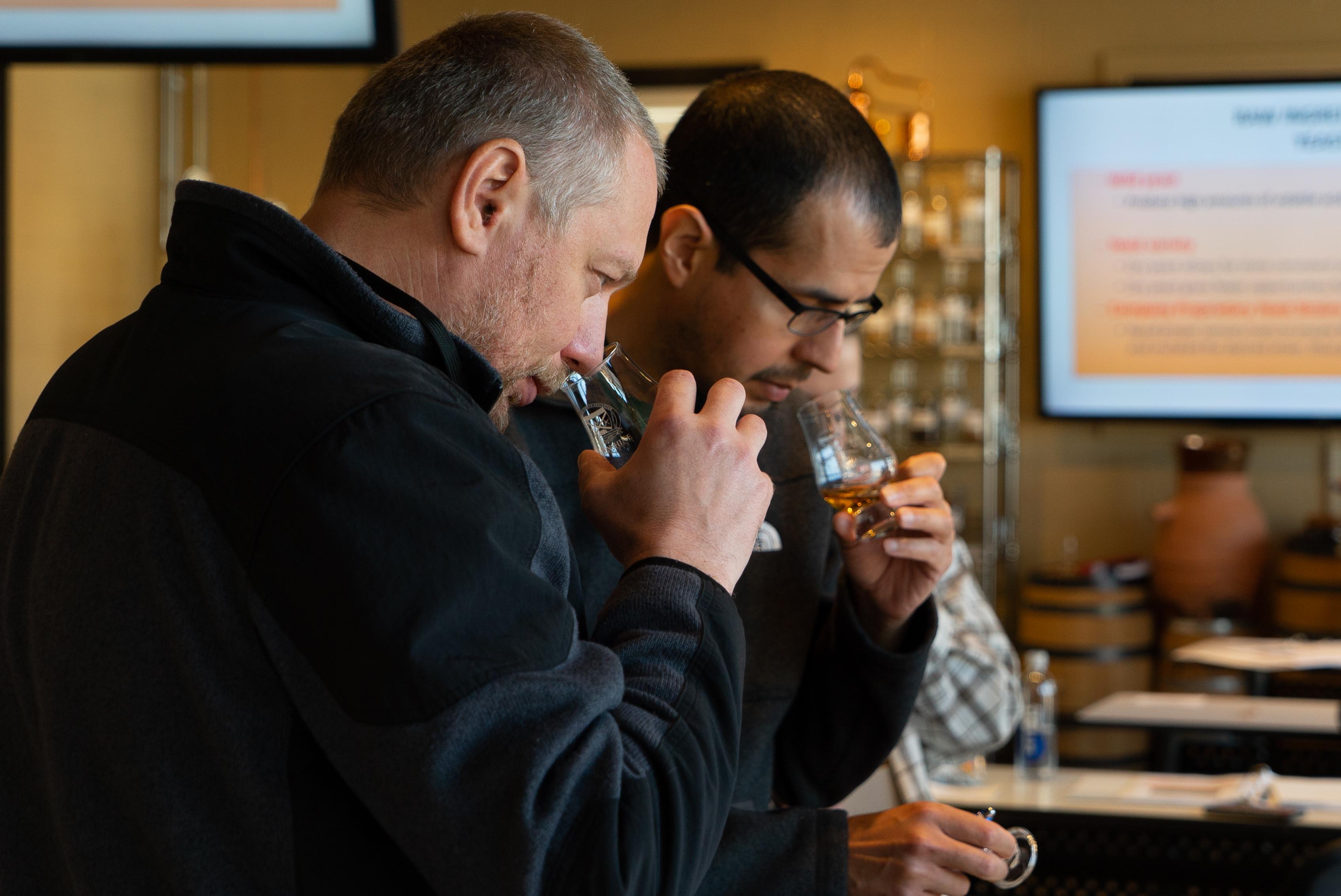
blog
Those that are familiar with the process of crafting distilled spirits may also be familiar with the 10 common congeners that are created during fermentation, and honed during the distillation run. Each congener has its own distinct personality, rendering unique tastes and aromas to the finished spirit.
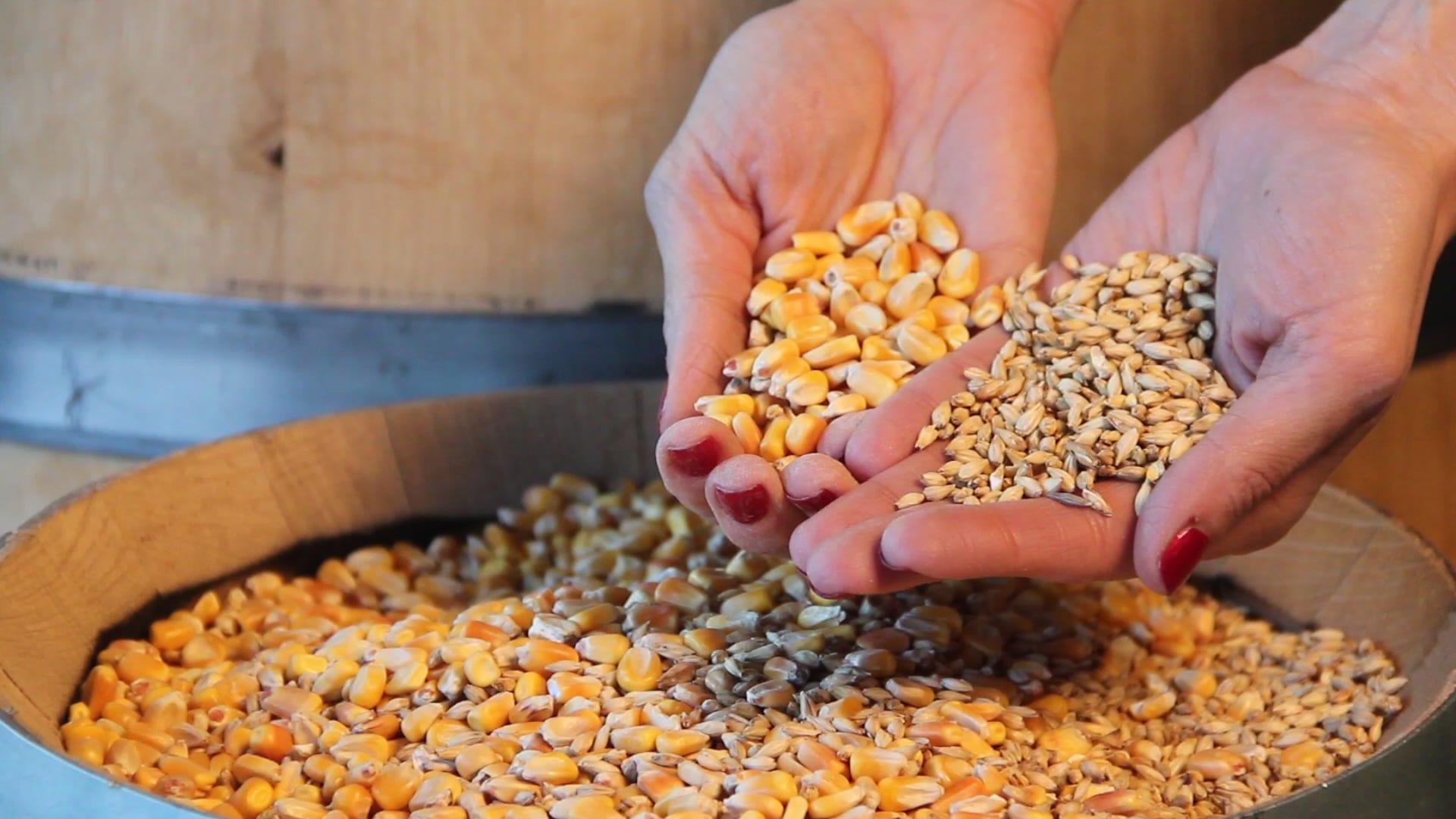
blog
So, you want to start distilling with freshly milled grain. Maybe you're tired of paying top dollar for the pre-milled stuff from the malt distributor, and you're ready to invest in the quality, efficiency, and bulk pricing that comes with milling your own whole grain. But where do you start?